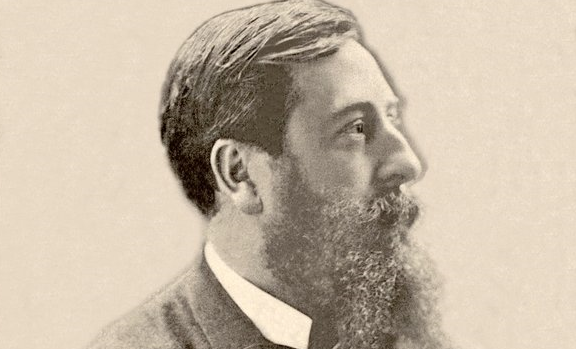Léo Delibes, a French composer of the Romantic era, is celebrated for his contributions to ballet and opera. His music is known for its melodic charm, rhythmic vitality, and orchestral color. Here are ten of his best compositions that showcase his unique musical voice.
1. Coppélia (1870)
“Coppélia” is one of Delibes’ most famous ballets, a delightful work that combines lively music with a charming storyline. The ballet tells the story of a young man who falls in love with a mechanical doll. The music, filled with bright and cheerful melodies, captures the playful and whimsical nature of the story. The “Waltz of the Hours” and “Mazurka” are standout pieces that have become popular concert works.
2. Lakmé (1883)
This opera is perhaps Delibes’ most famous work, particularly known for the “Flower Duet,” which has become a staple of the operatic repertoire. “Lakmé” tells the story of a forbidden love between a British officer and the daughter of a Brahmin priest in India. The opera is rich in exoticism, with melodies that evoke the sounds and colors of the Indian setting.
3. Sylvia (1876)
Another masterpiece in the ballet genre, “Sylvia” is celebrated for its lush orchestration and memorable melodies. The ballet, set in a mythological world, features a blend of pastoral scenes and dramatic episodes. The “Pizzicato” and “Valse Lente” are particularly beloved pieces from this ballet, showcasing Delibes’ ability to craft beautiful and evocative music.
4. Le roi l’a dit (1873)
This comic opera, which translates to “The King Said So,” is a charming and witty work that demonstrates Delibes’ skill in writing for the stage. The opera’s lively and light-hearted music perfectly complements its humorous plot, which revolves around mistaken identities and romantic entanglements.
5. Jean de Nivelle (1880)
“Jean de Nivelle” is an opera that combines elements of comedy and drama. The story is based on the historical figure of Jean de Nivelle, a French nobleman known for his rebellion against the king. Delibes’ music for this opera is richly melodic, with arias and ensembles that highlight the characters’ emotions and motivations.
6. La Source (1866)
“La Source” is a ballet composed in collaboration with Ludwig Minkus. The music, filled with light and airy melodies, complements the ballet’s story of love and magic in a mythical Persian setting. The “Grand Pas des Fleurs” and “Scène Dansante” are highlights of this delightful score.
7. Le corsaire (1867)
This opera-ballet, based on Lord Byron’s poem “The Corsair,” is a lesser-known but captivating work. The music is adventurous and romantic, with Delibes infusing the score with a sense of excitement and exoticism that mirrors the swashbuckling tale of pirates and forbidden love.
8. Kassya (1893)
“Kassya” was Delibes’ final opera, left incomplete at his death and later completed by another composer. The opera’s music reflects a more mature style, with a greater emphasis on orchestration and dramatic intensity. The story, set in the Carpathian Mountains, explores themes of love, betrayal, and revenge.
9. Léo Delibes’ Songs and Mélodies
Delibes also composed a number of songs and mélodies (French art songs), which are often overlooked but are gems of the vocal repertoire. These pieces, characterized by their lyrical beauty and expressive depth, include works like “Les Filles de Cadix” and “Les Nuits d’été.”
10. Divertissements and Other Orchestral Works
In addition to his stage works, Delibes composed various orchestral pieces, including divertissements, suites, and dances. These works, often intended for ballet or as concert pieces, showcase his talent for orchestration and melody. Notable examples include the “Divertissement” from “Le roi s’amuse” and the “Marche des Pages.”
Conclusion
Léo Delibes’ music continues to captivate audiences with its melodic charm, vivid orchestration, and expressive range. Whether in ballet, opera, or song, his compositions reflect a unique blend of elegance, wit, and emotional depth. These ten works represent some of the finest achievements in his career and are essential listening for anyone interested in the Romantic era’s music.


Comments are closed